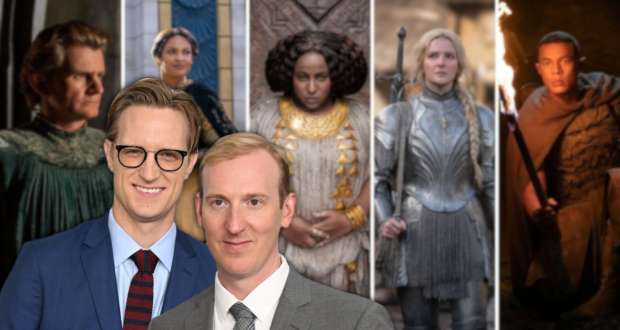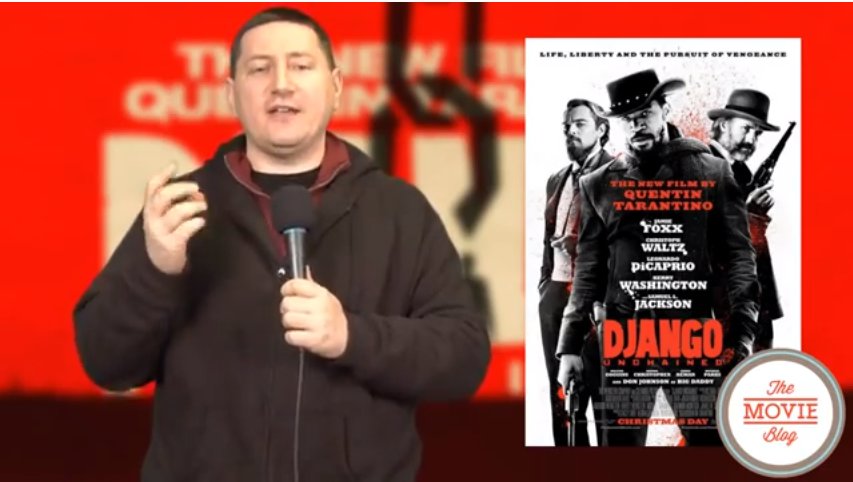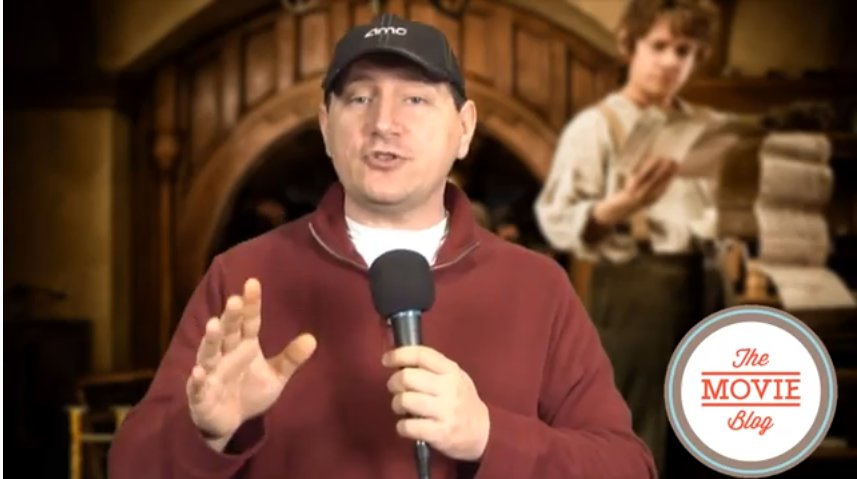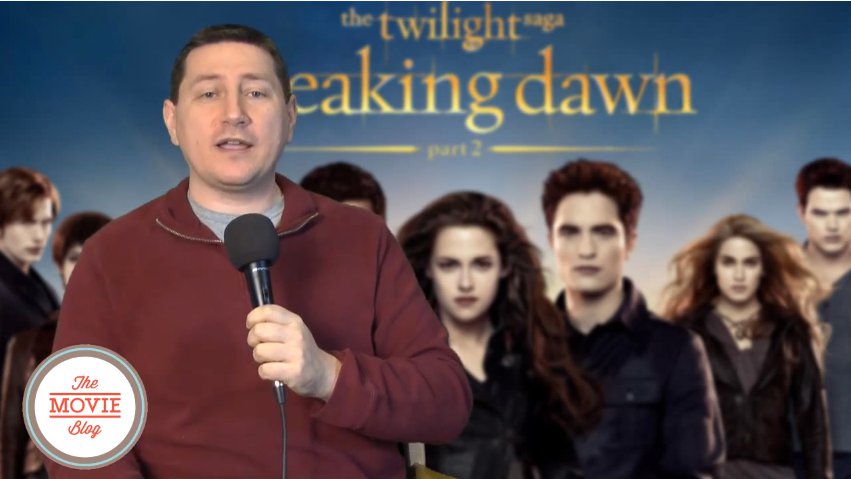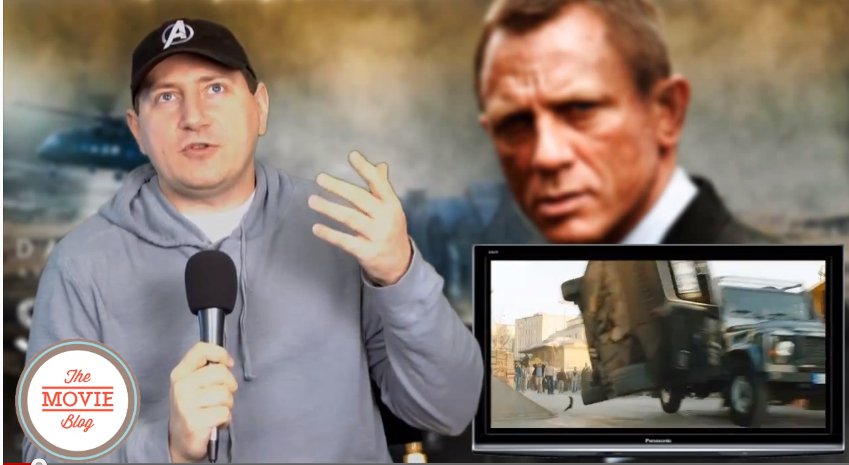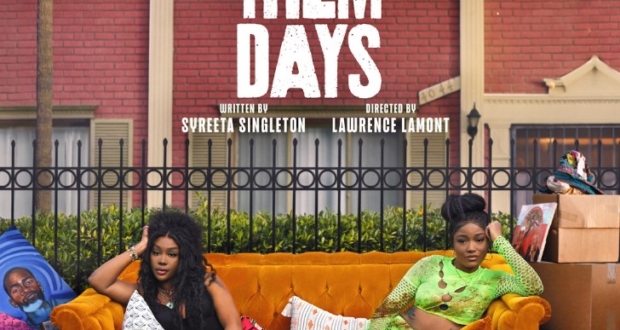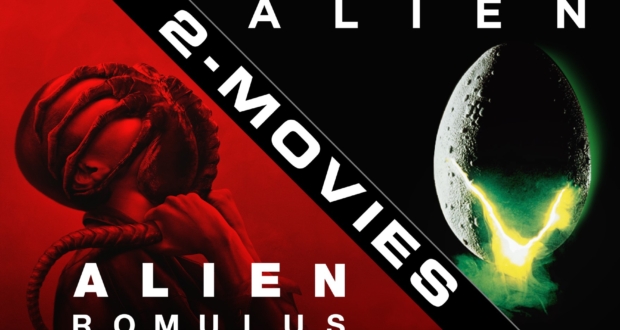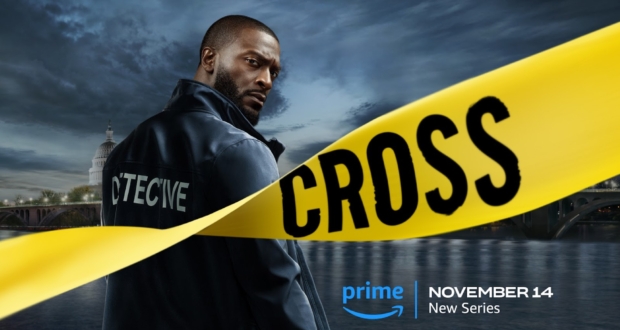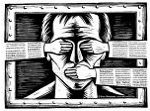 There is a very fine line between Censorship and social responsibility. As a matter of fact, I would suggest there is no line, the two are one in the same. You can dress it up however you want and make up fake distinctions… but the fact of the matter is that any act of socially responsible rules of restraint are indeed censorship. That doesn’t mean it’s all bad… sometime censorship can be a good thing. Sorry, but it’s true. Radio hosts should NOT be allowed to get on air and call all black people “niggers”. Italians should not be constantly referred to as “all dirty mob scum”. Mexicans should not be referred to a “all thieves”. Whenever we socially enforce these common sense “rules” we are engaging in censorship, and that’s a GOOD thing.
There is a very fine line between Censorship and social responsibility. As a matter of fact, I would suggest there is no line, the two are one in the same. You can dress it up however you want and make up fake distinctions… but the fact of the matter is that any act of socially responsible rules of restraint are indeed censorship. That doesn’t mean it’s all bad… sometime censorship can be a good thing. Sorry, but it’s true. Radio hosts should NOT be allowed to get on air and call all black people “niggers”. Italians should not be constantly referred to as “all dirty mob scum”. Mexicans should not be referred to a “all thieves”. Whenever we socially enforce these common sense “rules” we are engaging in censorship, and that’s a GOOD thing.
Censorship in and of itself is not BAD. It is a case by case situation where many shades of grey exist and has to be navigated with caution. Some things are clear, some things are not so clear. But behind all censorship, good or bad, is the notion, right or wrong, of the greater good of society. Thus, since we all engage in censorship that we believe is for the greater good, we have to be very careful when judging other people’s interpretation of that. Take Thailand for example.
Variety gives us this:
The rating system is made up of “P” (films that are of educational value and should be promoted for Thai auds), “G” (fit for all age groups), “under 13 not admitted,” “under 15 not admitted,” “under 18 not admitted” and “under 20 not admitted.” However, it does not include an “under 24” category which had been discussed in some media circles.
Notably, the Film Act authorizes the state to forbid the release of movies that “undermine or disrupt social order and moral decency, or that might impact national security or the pride of the nation”. Another point set to enrage film bizzers is the article that sees the country’s chief of police join the National Film and Video Committee.
I honestly don’t know how I feel about that. I hate the idea of a government deciding what I can and can not watch… but on the other hand we have that in our own culture too, just in different ways. Personally, I still take the position that this Thai law sucks… HOWEVER… I can understand a society deciding it’s own values and ideas of what is right or wrong for itself and it’s culture. It’s a tricky topic that deserves a lot more discussion around here I think


